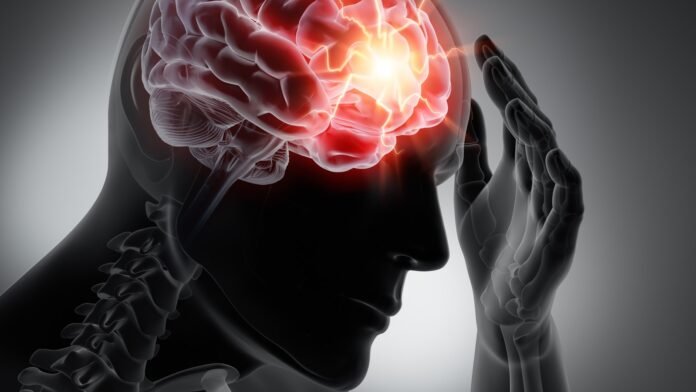A new study published in Neurology has found a strong link between heavy alcohol consumption and brain damage associated with memory loss and cognitive impairment. According to researchers, consuming eight or more alcoholic drinks per week significantly increases the risk of developing a specific brain lesion called hyaline arteriolosclerosis, commonly linked to dementia and Alzheimer’s disease.
Heavy Drinking and Brain Injury: What the Research Shows
Researchers analyzed the brain tissue of over 1,700 individuals (average age 75) after death. Those who reported heavy alcohol use—defined as 8+ drinks per week—had a 133% higher chance of developing this lesion compared to non-drinkers. Even former heavy drinkers had an 89% increased risk, and moderate drinkers (under 8 drinks per week) faced a 60% elevated risk.
Additionally, heavy drinkers were more likely to develop tau tangles, a marker for Alzheimer’s, and lived an average of 13 years less than non-drinkers.
Alcohol’s Impact on the Brain
Alcohol disrupts the brain’s communication pathways, affecting judgment, coordination, speech, and cognitive function. In the long term, excessive alcohol intake can cause permanent damage, such as Wernicke-Korsakoff syndrome, memory loss, and brain shrinkage. Even low to moderate alcohol consumption has been associated with premature brain aging.
How Much Alcohol Is Too Much?
According to the U.S. Dietary Guidelines, women should not exceed 1 drink per day, and men should limit themselves to 2 drinks per day. However, the new study suggests that even within these limits, individuals may still face increased health risks, particularly if they exceed 8 drinks per week.
Binge drinking, defined by the CDC as 4+ drinks for women or 5+ for men in one sitting, can further amplify health risks, including organ damage and accidental injuries.
Recognizing Alcohol Use Disorder (AUD)
Alcohol Use Disorder (AUD) affects nearly 29 million Americans over the age of 12. Signs of problem drinking include:
- Loss of control over alcohol intake
- Interference with work or family responsibilities
- Physical withdrawal symptoms (e.g., nausea, sweating)
- Drinking to cope with negative emotions
Self-assessments and professional evaluations can help identify unhealthy drinking habits early. Effective treatments for AUD are available, and seeking support is a crucial step toward recovery.
Can You Have a Healthy Relationship with Alcohol?
Experts agree: less is better when it comes to alcohol. While total abstinence isn’t necessary for everyone, individuals are encouraged to evaluate their relationship with alcohol through practices like Dry January or Sober October.
If drinking causes distress, interferes with life responsibilities, or becomes difficult to control, it may be time to seek help. Quitting alcohol suddenly can be dangerous for heavy drinkers and should be done under medical supervision.
Key Takeaways for Better Brain Health
- Limit alcohol to fewer than 8 drinks per week
- Avoid binge drinking
- Be aware of the early signs of alcohol dependency
- Participate in sobriety challenges to reassess drinking habits
- Consult a healthcare provider before making significant changes to alcohol use




